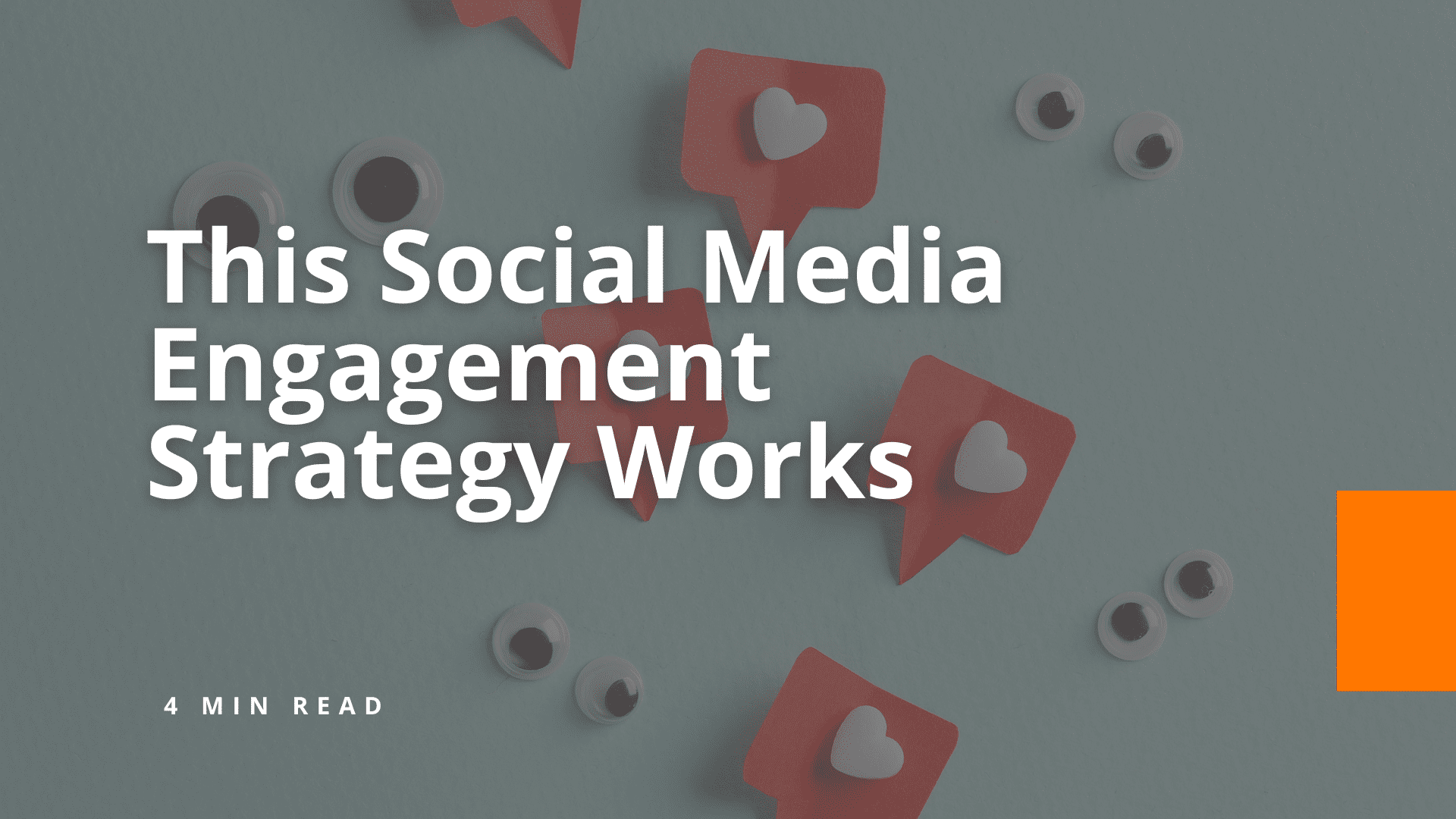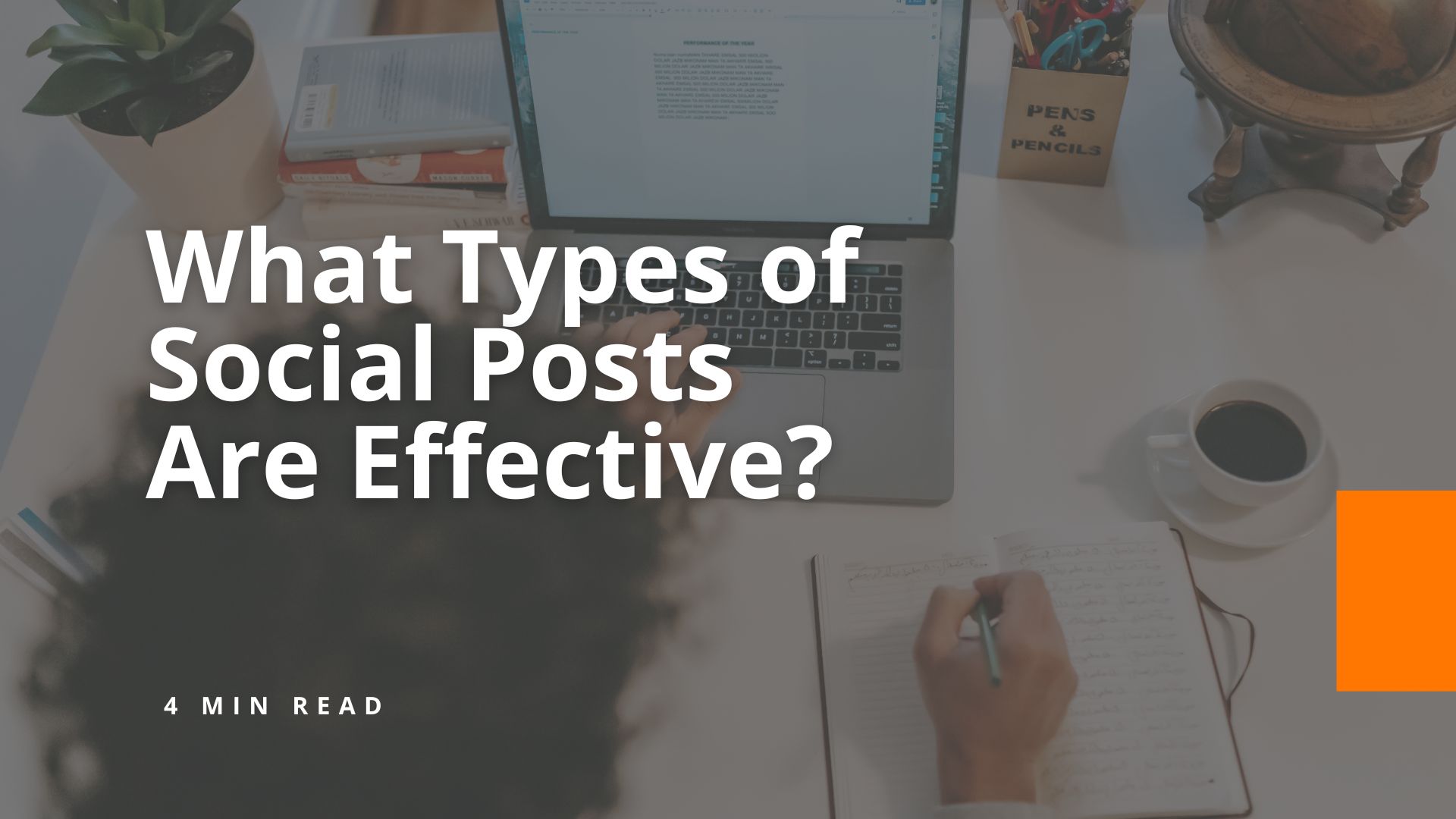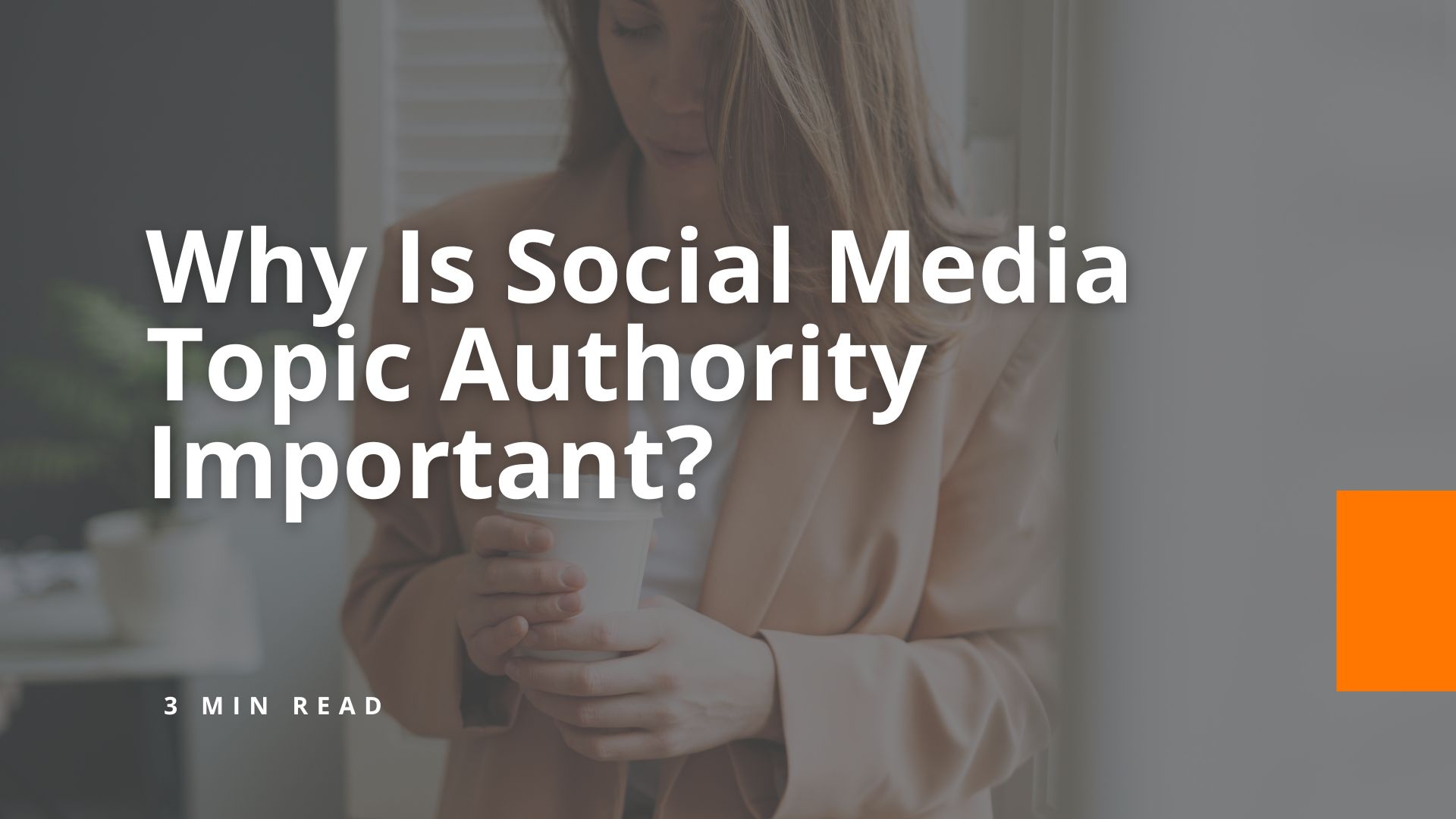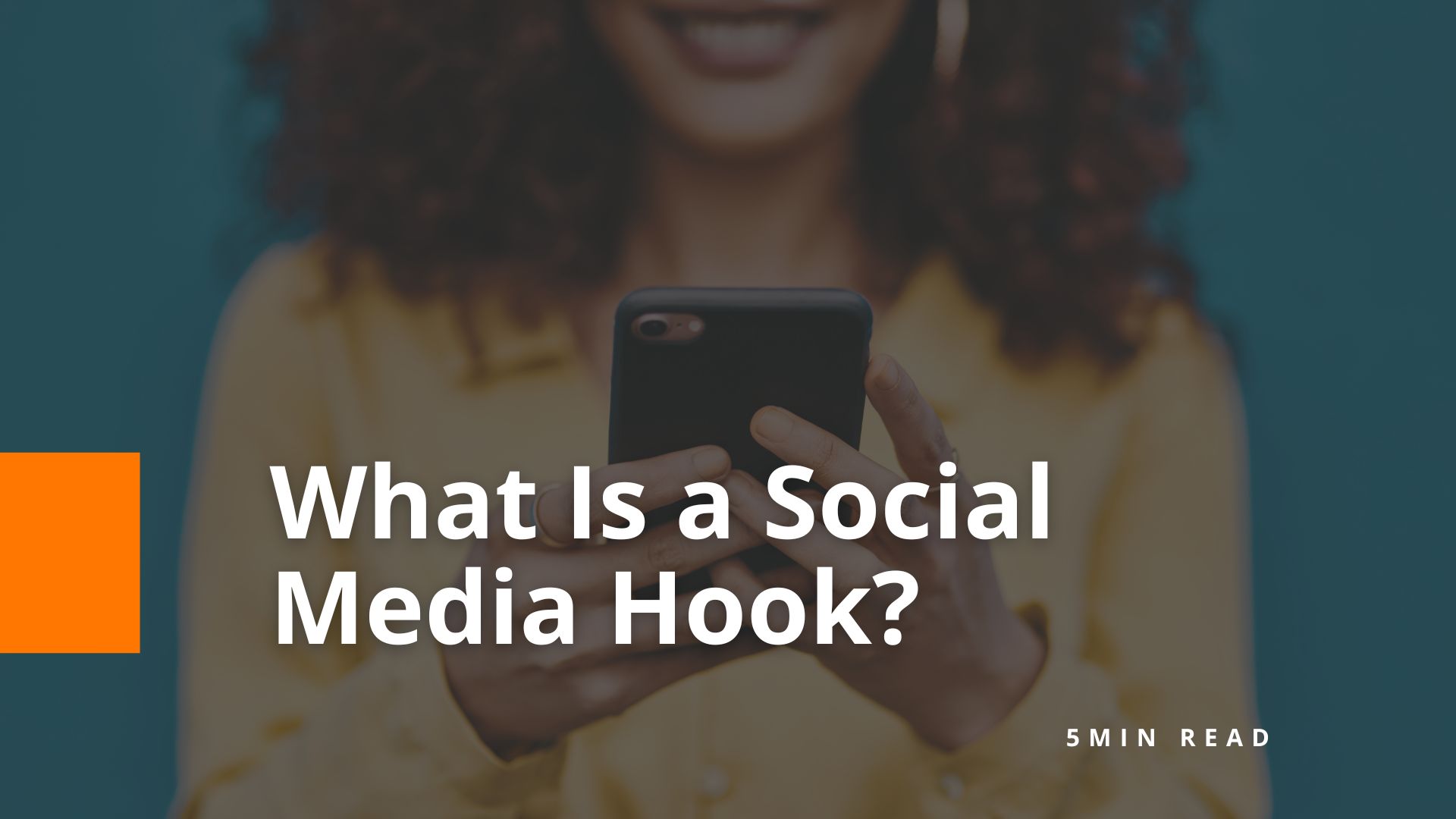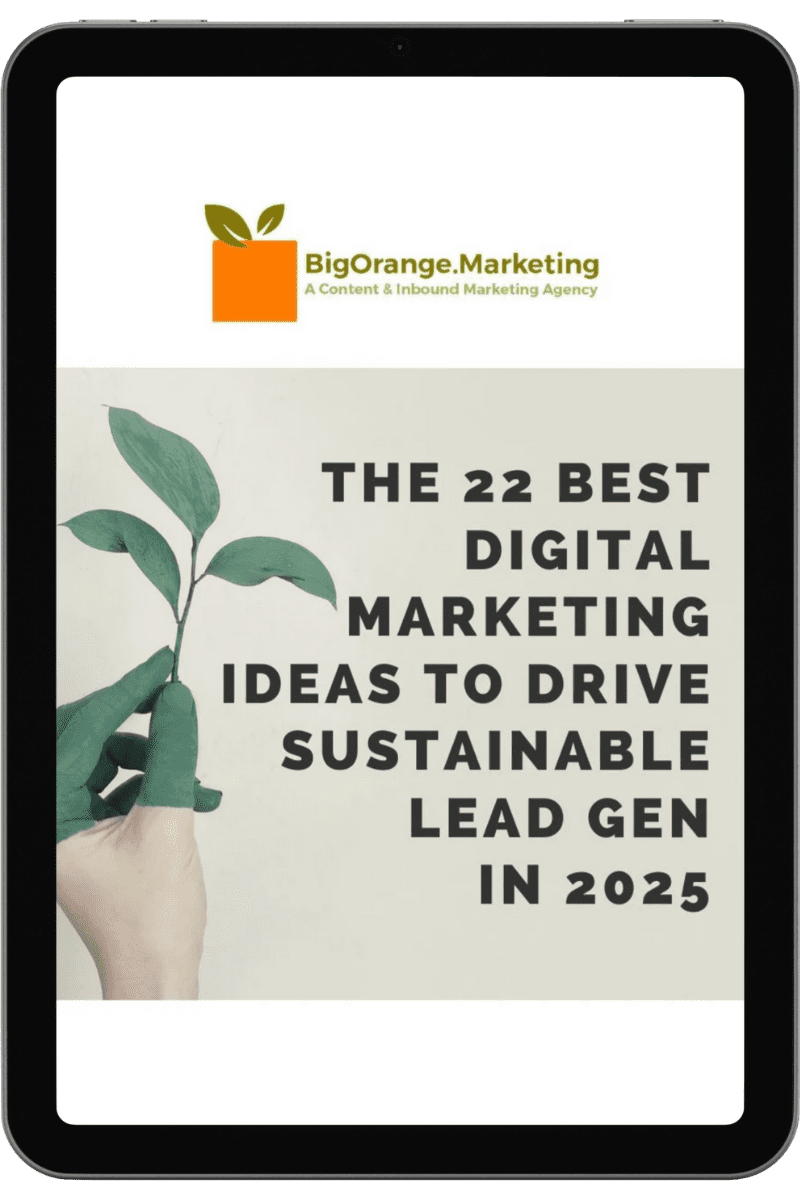Is Content Marketing Dead? What Business Owners Need to Know Now

With search algorithms continuing to get smarter and new AI tools more able to produce volumes of content with ease, does content even matter anymore? Is content marketing dead? Content marketing is certainly in a state of flux, but according to Google, the best quality content will still help organizations rank in search and share key messages to target audiences.
So What Is Quality Content?
After recent changes to its ranking policies, Google has settled (for the time being) on defining quality content as that which exemplifies EEAT (experience, expertise, authoritativeness and trust).
What are the markers Google looks for when assessing content for these characteristics?
- Accuracy, relevance and depth, with an emphasis on quality over quantity.
- Author biographical information that identifies the content’s producer as someone with subject matter expertise, authority and trustworthiness. These signals might include information on the author’s qualifications and credentials.
- Reliable sources to back up any claims, including citations from sources that are themselves trustworthy and authoritative.
- Engagement with the audience through channels for feedback, comments or other interactions. (Hint: These “interactions” could include something like providing an online calculator, embedded video or poll.)
It’s interesting to note that Google used to reward content that scored well for expertise, authoritativeness and trust (EAT). The additional E, which stands for experience, is a newer addition. To rank well, Google asks that content also provides a positive user experience.
To boost user experience on your site, consider asking:
- Is my content well-organized?
- Is my site easy to navigate?
- Is the content I’m publishing free from errors?
If you can answer yes to these questions, your site users will have a better experience. In addition, you should start to build a more loyal audience that appreciates your trustworthy and reliable information.
Top Tips to Boost Content Marketing With EEAT
There are a variety of ways to bulk up your content’s EEAT posture.
- Gather insights from reputable industry sources and showcase extensive research, rather than just surface-level facts.
- Interview subject matter experts and quote these experts in your posts to demonstrate primary research.
- Go beyond basic statistics. If possible, add trend analysis, impact assessments or predictive insights to your content. These additions will demonstrate that you have mastery of the topic.
- Address all major issues, questions and aspects searchers might have around a topic. Your comprehensive coverage of a topic could make you stand out among competitors that only provide superficial information on an important topic.
- Highlight the credentials and qualifications of individual authors on your website or blog to build confidence in their expertise.
- Interview and quote specialists prominently in published posts. This approach will enhance the perceived authority and expertise of your brand.
- Stay on top of current research in emerging issues and have subject matter experts weigh in on those topics, filling in any information gaps that currently exist on your site or blog.
- Update older content as new facts emerge to ensure 100 percent accuracy and promote your site’s authority.
- Identify trusted sites on specific topics (e.g., CDC for medical advice) and link to them prominently.
From EEAT to AI
Let’s return to one of the most talked about topics in marketing right now: AI. What is Google’s policy on AI-generated content? Can using it damage your SEO rankings?
Currently, content marketing experts agree that content created by a tool like ChatGPT isn’t “disqualified” or unable to rank. Still, it’s far better in terms of expertise and user experience (remember the importance of EEAT)to ensure your content reads like it was written by a knowledgeable human.
When we work with clients, we advise using AI to help generate blog topics, lists of keywords or pillar-post outlines. Currently, content completely generated by AI can fall short in terms of readability. So, our advice is to edit it with the goal of making it more varied, interesting and conversational.
By the way, there are plenty of other great uses for AI in marketing. Why not use all the tools at your disposal to get the word out about the great products and services your organization offers?
Content Marketing: Organic or Paid?
With the onslaught of content produced by AI, getting noticed online can be a greater challenge now. It’s why we suggest that clients consider paying to play with Google ads or social media ads.
Of course, you don’t want paid ads to become a bottomless pit that you just shovel money into. Working with experts who can guide you on getting the best return on your investment is key.
In general, a few tips on effective online ads include:
- Be sure your captions and images are compelling.
- Know who your target audience is and carefully target them.
- Use calls to action (CTAs) that are clear.
- Use your organization’s branding consistently in ads.
- Try using testimonials.
- Retarget website visitors through online ads.
Consider this: According to DataReportal, more people discover new brands, services and products through social media ads than through websites, word-of-mouth recommendations and consumer review sites.
Another key to spending wisely on online ads is to track the results of the ads you do invest in.
Need Help With Content Marketing?
At BigOrange Marketing, we provide digital inbound marketing services across a range of industries including MSPs, manufacturing, landscaping and construction. Let’s talk about your needs and how you could use content marketing and a StoryBrand website to get leads and grow.
Share the knowledge
6 Reasons You Want to Partner With a Digital Marketing Agency
As a business leader, you understand the importance of having a robust online presence in today’s digital age. Yet, keeping up with the constant changes…
Explore this TopicTurbo-charge Your MSP Website: Unlock the Power of Lucky 13
Managed service providers, want to transform your MSP website into a powerhouse of conversion? Here are 13 essential points that will elevate your website’s performance…
Explore this TopicHow Prospective Customers Evaluate Manufacturers
Did you know that your next marketing breakthrough as a manufacturer could be hidden within the buying behaviors of prospective customers? The Shift From Handshakes…
Explore this Topic

